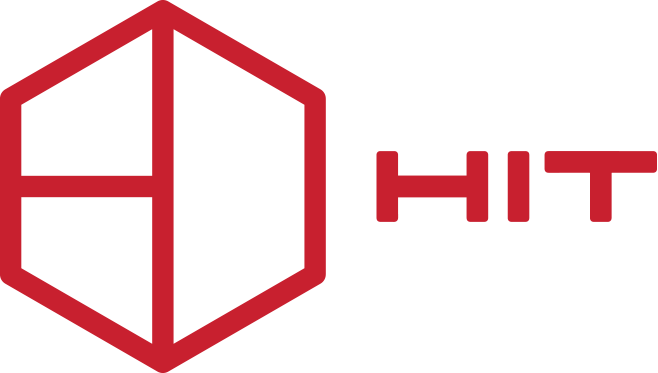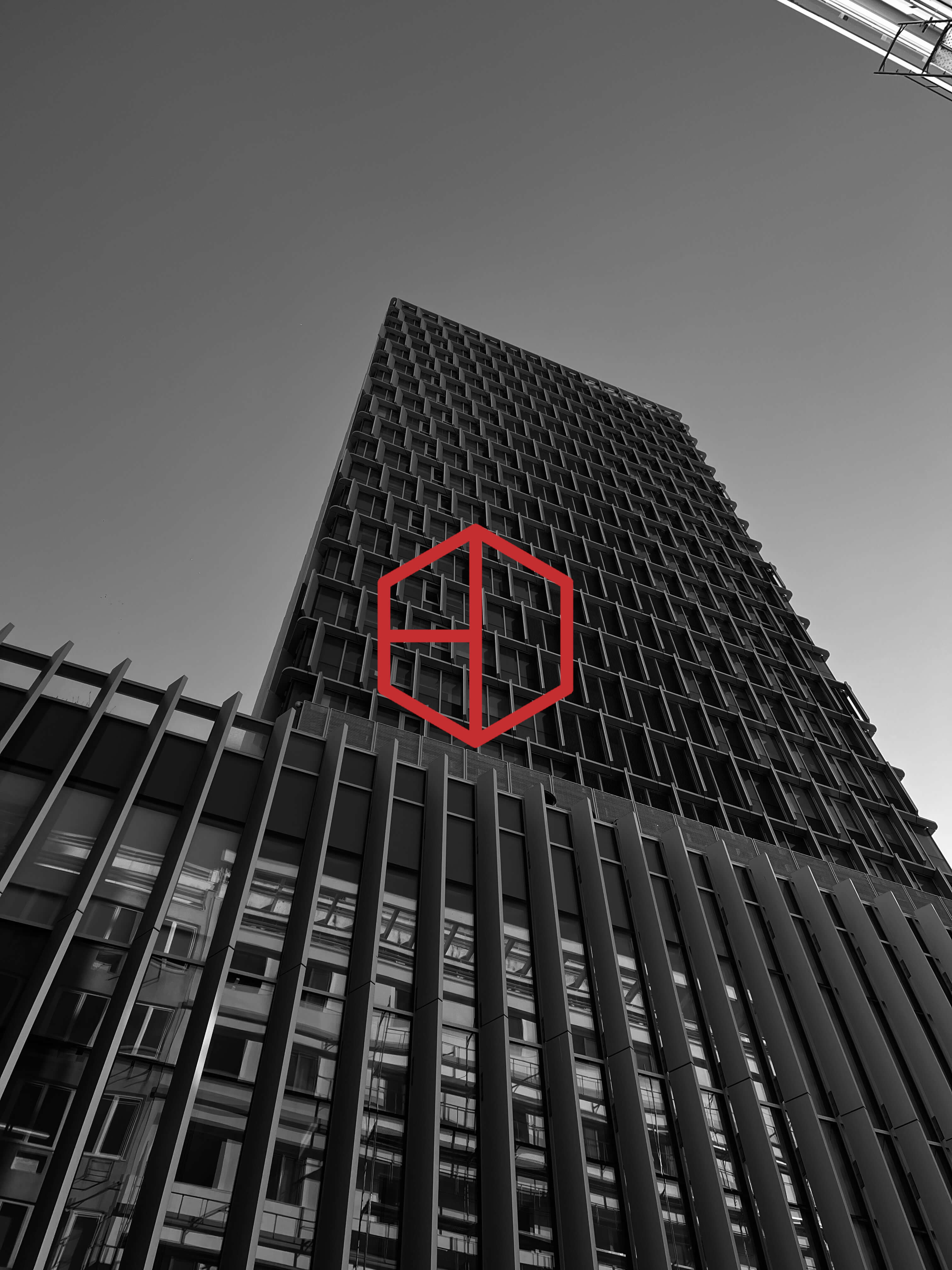
In an era where tourism demand is rapidly changing and technology is affecting every aspect of a hotel's operations, success does not depend solely on the quality of service or marketing strategy. The advantage lies in a hotel's ability to make faster, more accurate and more efficient decisions.
Revenue Management Systems (RMS) are emerging as a game changer for hotels of all sizes. It is not just another piece of software: RMS is a strategic ally that combines data, artificial intelligence and business insight to transform the profitability of any hotel.
What is RMS and why should you care?
RMS is an intelligent tool that predicts demand, adjusts prices in real time, and helps hotels make the most of every available room. It integrates data from bookings, competition, historical trends, and even weather to determine the best prices – every moment.
It uses technologies such as:
- Machine learning
- Demand forecasting algorithms
- Dynamic pricing
The goal: to sell every room at the right price, to the right customer, at the right time!
Why RMS now?
-
Revenue increase up to 20%
- Hotels adopting RMS see revenue increase by 10% to 20%, within the first year.
- Small and medium-sized units note RevPAR increase by 18% with the appropriate implementation of a pricing strategy.
-
Improving forecasting and strategy
- RMS improves forecast accuracy by up to 30%, allowing for more accurate staffing and cost control.
- In areas with stable travel patterns, demand forecast accuracy reaches 90%.
-
Time saving & automation
- The 70% of manual invoicing tasks are automated.
- Revenue managers can reduce the time they spend on price management by up to 50%, focusing on strategic actions.
-
Reducing errors – Increasing accuracy
- RMS leads to 40% fewer billing errors compared to manual methods.
- Faster response to demand changes gives a comparative advantage over competitors.
-
Understanding the customer & the competition
- 70% of visitors compare prices between multiple dates.
- RMS automatically adjusts prices so that the hotel remains competitive with OTAs and booking engines.
-
Dynamic pricing based on local context
- During periods of high demand, an RMS can increase prices up to 25%, without affecting the completeness.
- Data from local events, seasonality and competition are incorporated.
The results in practice
- Large groups like Accor & Marriott use RMS to manage thousands of rooms in real time, constantly optimizing profit margins.
- Small to medium-sized hotel in Spain:
- Occupancy increase by 12%
- Reduction in cancellations by 8%
- Improvement in net profits by 15%.
The future shows RMS
- 65% of hotels worldwide intend to invest in RMS in the next two years.
- With the continued advancement of artificial intelligence, RMS is becoming more accessible even in smaller accommodations.
Speed, accuracy and flexibility are the characteristics that define the new era of hotel operations.
The RMS it's not just a technology toolIt is a strategic partner that offers competitive advantage through data-driven decisions.
The question is no longer "if" an RMS must be adopted, but "When" and “which” is the right one for your hotel.



